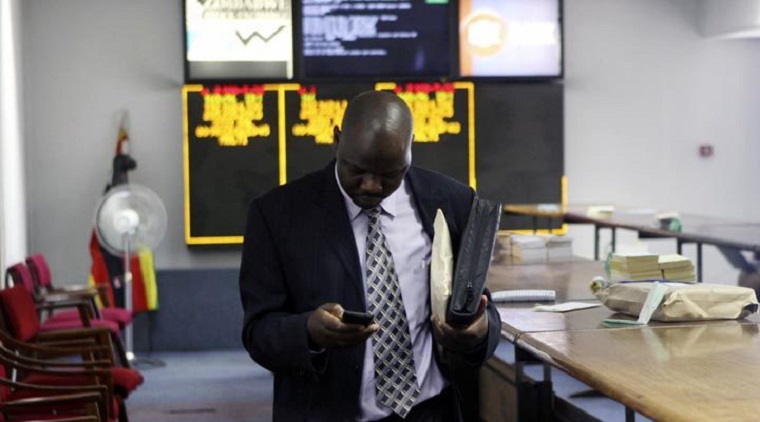Zimbabwe equities edged up yesterday as punters kept up their uptake of local stocks, unimpressed by the appointment of Ignatius Chombo as Finance Minister.
The instability in the money market has fuelled demand for stocks, and analysts said the appointment of Chombo — who has been implicated in several corrupt deals as local government minister — does inspire not confidence.
“It is a shocking appointment to say the least,” an analyst said.
The industrial index advanced 1.25 percent to 468.64 points while market turnover amounted to $3.7 million in the day.
Mobile operator, Econet gained 4.34 percent to close at 135.73 cents.
National Foods added 2.16 percent to settle at 660 cents.
Old Mutual and National Foods added 6.68 percent and 2.16 percent to trade at 1 250.63 cents and 660 cents respectively.
FML and Willdale advanced 19.92 percent and 8.33 percent to settle at 14.39 cents and 0.78 cents respectively.
PPC also advanced 19.95 percent to close at 233 cents
Beverage manufacturer Delta remained unchanged at 280 cents.
On the losers pack, Africa Sun and Axia eased 1.96 percent and 1.56 percent to settle at 5 cents and 31.50 cents respectively.
Simbisa and FBC eased 1.44 percent and 1.03 percent to settle at 68.99 cents and 24 cents in that order.
Padenga Holdings also lost 0.45 percent to settle at 85 cents.
On the mining space, the mining index remained flat at 135.18 points as all mining counters remained at previous prices.
Foreigners remained net sellers, disposing of shares worth $1.47 million compared to buys worth $112 645. – The Source
(65 VIEWS)







0 Comments